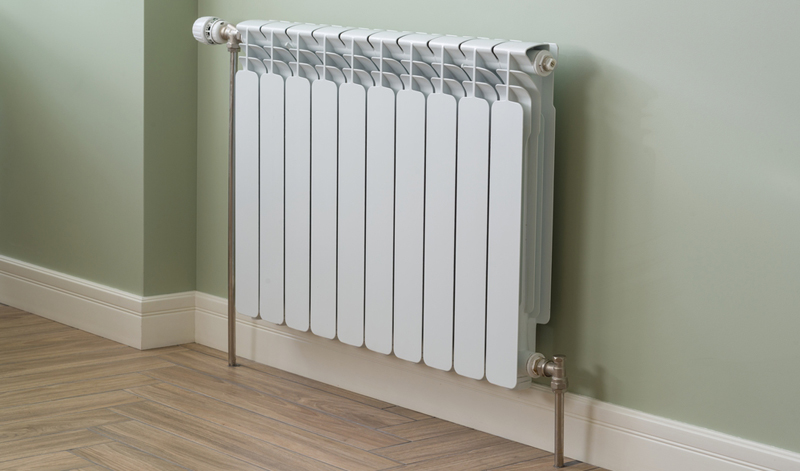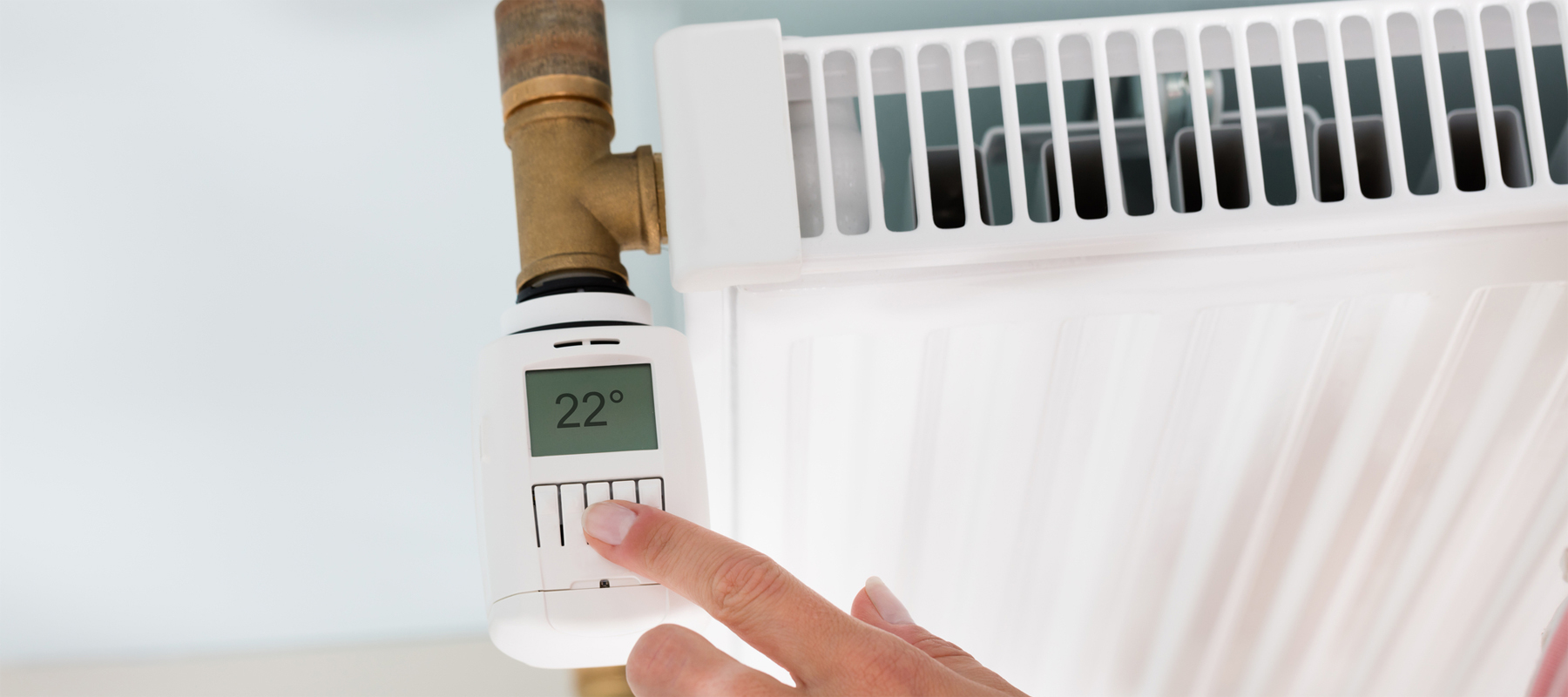Pricing a New Steel Radiator Or Hydronic Heating System
Last Updated: December 11, 2023

Fact Checked By: Ryan Maguire
On This Page
Radiator heating systems, also known as hydronic heating systems, often bring to mind a vision of big, clunky cast-iron radiators common in older homes.
While some people still prefer these, it is more common these days to use small, sleek, efficient hydronic baseboard heater units.
Radiator Heating System Cost #
Installing or replacing a hot water radiator heating system in a home costs $4,500 to $12,000 on average based on the home’s size and number of radiators needed:
Materials/Equipment Cost
- Hot water boiler: $2,500 to $4,000
- Steel radiators: $100 to $300 per radiator
- Piping, valves, fittings: $500 - $2,000
Labor & Installation Costs
- System design & layout: $500 - $1,500
- Installation & testing: $1,000 - $3,000
- Permits & fees if applicable
Home Size System Costs
- Small home (<1500 sq ft): $4,500 - $6,500
- Medium home (1500-3000 sq ft): $6,500 - $9,000
- Large luxury home (3000+ sq ft): $9,000 - $12,000
Upgrading an old cast iron radiator system to new more efficient steel radiators or converting from forced air to hydronic radiant heat both run $8,000 to $15,000+ on average.

Real-World Radiator Heating Installation Costs #
Here are some real-life quotes from homeowners who had radiator heating systems installed in their homes:
"I converted my old house from electric baseboards to a new hydronic system with 10 steel panel radiators. With all the boiler, piping and labor costs it was $9,100 to install." - Mark D., Maine
"I had a steam radiator system replacement done on my 1900s row house. We went with a energy efficient gas boiler and 20 vintage-look steel radiators. The full job was $14,300." - Anne P., Washington D.C.
"Needed to upgrade the existing boiler and replace some of old cast iron radiators in my 2500 sq ft home. With materials, new radiator installations in 5 rooms, and connections it was $7,800 total." - James F., New York
"I had an energy audit company design a hydronic system for heating my small cabin with 4 high output panel radiators. With the on-demand propane boiler, all equipment and install it was $5,200." - Wendy S., Colorado
"Had a hydronic radiant floor heating system installed on my first floor open concept house. It used a newer boiler with PEX tubing under the floors. Total job was $11,500 for 850 sq ft." - Lucas T., Vermont
Costs range from $5,000 - $15,000+ on average with materials, specialized labor, home size, boiler type and install difficulty being the main cost factors. Be sure to get multiple quotes for radiator heat.
Hydronic Heating System Components #
The major parts of a radiator heating system are described below:
- Boiler: A boiler is where the hot water is heated before it is distributed throughout the rest of the home. It is typically powered by heating oil, natural gas, or propane. Some radiators are an all-in-one package that provide not only heat, but hot water. In other cases, a hot water heater is installed separately.
- Piping: Once the water has been sufficiently heated by the boiler, it is moved by a circulating pump through hot water piping.
- Radiators: Hot water is piped to radiators, where the water is transferred into radiant heat (which is why radiator heating systems are also known as radiant heating systems). Modern radiators are low-profile flat-panel units that are available in a huge range of shapes, designs, and colors. They often have thermostatic radiator valves to allow for zoned heating.
The Benefits of a Hydronic Heating System #
Radiant heating offers a number of advantages over forced-hot-air, including the following:
- Reliability: Hyrdonic heating systems, because they have few moving parts, typically last longer and require less maintenance than a traditional forced air system.
- Indoor Air Quality: The absence of air movement in a radiant heating system means that dust, pollen, and other irritants aren't blown around. In addition, this type of heating won't dry out your breathing passages.
- Energy Savings: By replacing your outdated boiler with a new, high-efficiency unit, you can save up to 30 percent in heating costs and reduce your annual carbon footprint by 2 tons or more.
Resources:
